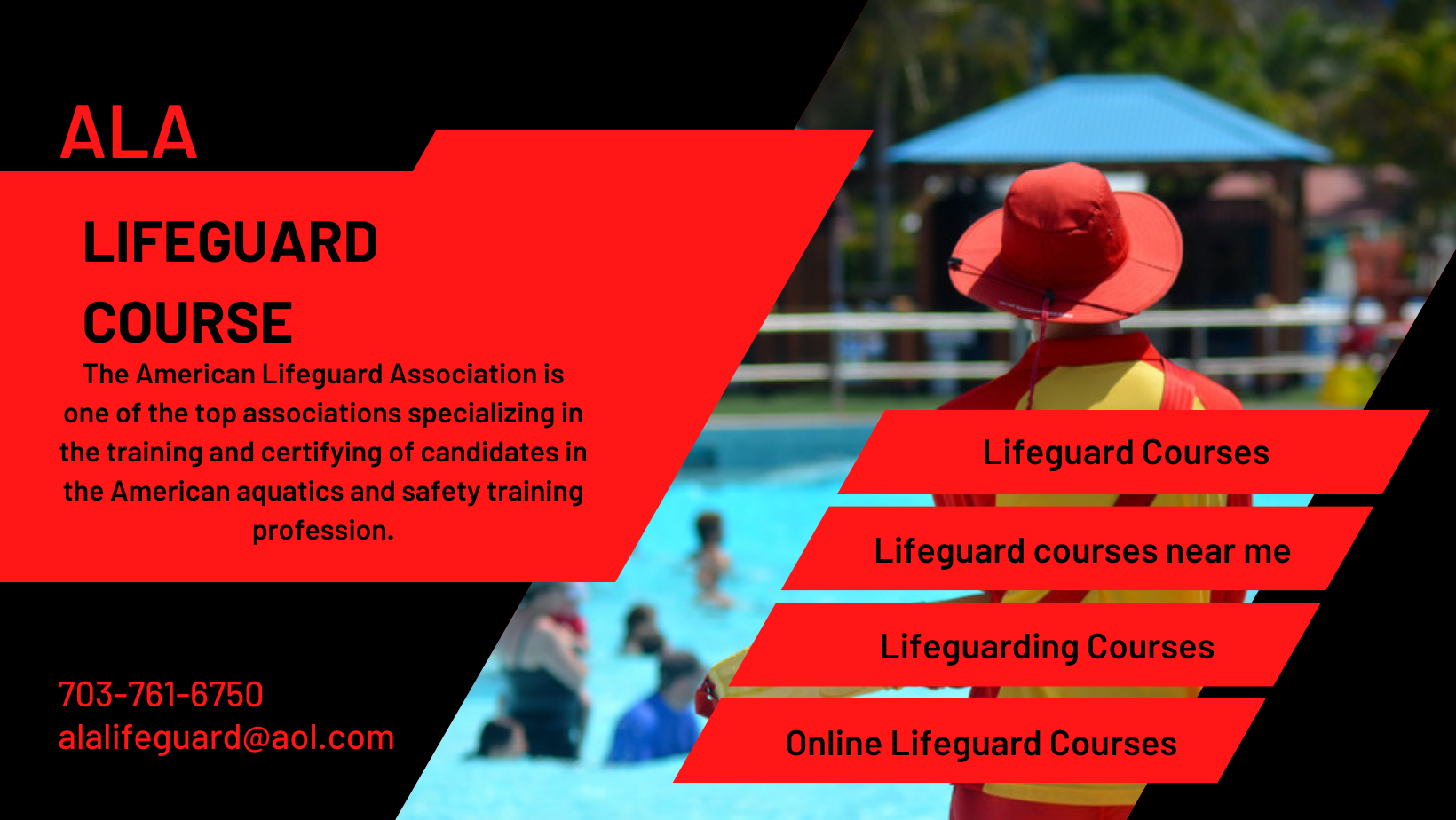Introduction:
Becoming a lifeguard is a crucial responsibility that requires specialized training and expertise. To embark on this meaningful journey, enrolling in a lifeguard course is the first essential step. Lifeguard course provide comprehensive training that equips individuals with the skills and knowledge needed to prevent accidents, respond effectively to emergencies, and create a secure aquatic environment. In this comprehensive article, we will delve into the significance of lifeguard courses, the core components of the training, and how they prepare you for a fulfilling and impactful career as a lifeguard.
1. Lifeguard Course: Building the Foundation for Aquatic Safety
Lifeguard courses serve as the foundation for your journey as an aquatic safety professional. From mastering water rescue techniques to acquiring CPR and first aid proficiency, these courses provide you with the tools to make a difference.
2. Navigating Options: Choosing the Right Lifeguard Course
When seeking a lifeguard course, it’s crucial to navigate your options thoughtfully. Research different programs, understand their curriculum, and choose a course that aligns with your goals and availability.
3. Core Curriculum: Mastering Essential Lifesaving Skills
Lifeguard courses focus on mastering core skills. These include water rescue techniques, CPR and first aid protocols, situational awareness, effective communication, and poolside management strategies.
4. CPR and First Aid Mastery: Swift and Effective Lifesaving
Central to lifeguard courses is the mastery of CPR and first aid skills. These competencies empower you to provide immediate care and stabilize victims until professional medical assistance arrives.
5. Water Rescue Techniques: Lifesaving Skills in Action
Lifeguard courses emphasize the mastery of water rescue techniques. You’ll learn how to respond effectively to distressed swimmers, utilize rescue equipment, and ensure the safety of both victims and rescuers.
6. Situational Awareness: Preventing Accidents through Vigilance
Lifeguard courses include situational awareness training. This skill enables you to identify potential hazards, assess risks, and proactively prevent accidents in aquatic environments.
7. Effective Communication: Coordinating Responses for Optimal Safety
Clear communication is paramount in lifeguarding. Lifeguard courses equip you with communication techniques to issue precise instructions, collaborate with team members, and coordinate responses with emergency services.
8. Poolside Management: Ensuring Order and Security
Lifeguarding extends beyond emergencies to maintaining a secure environment. Courses cover poolside management strategies, including crowd control and rule enforcement.
9. Physical Fitness: Building Strength for Swift Responses
Physical fitness is integral to effective lifeguarding. Lifeguard courses incorporate fitness training that enhances your strength, endurance, and overall physical capabilities for quick and efficient responses.
10. Lifelong Skills: Lifeguard Course as a Starting Point
Completing a lifeguard course marks the beginning of a lifelong journey. The skills and knowledge you acquire serve as the foundation for a career dedicated to safeguarding individuals in aquatic environments.
Conclusion: Lifeguard Course – Nurturing Aquatic Safety Guardians
Lifeguard courses are the gateway to a meaningful and impactful career as an aquatic safety professional. From mastering water rescue techniques to honing communication skills and maintaining physical fitness, these courses equip you to prevent accidents and respond effectively to emergencies. Lifeguard courses not only prepare you for the role but also cultivate qualities of responsibility, leadership, and an unwavering commitment to the safety of individuals in and around aquatic environments.





